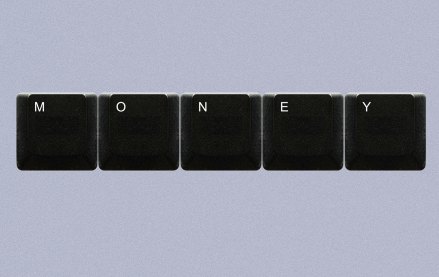
When author, Internet entrepreneur and media pundit Michael Wolff surveys the landscape, few are safe from his bleak prognostications. In recent columns for USA Today, the Guardian and GQ, he has skewered Marissa Mayer for wanting to turn Yahoo into Vogue, lambasted journalists trying to be business people and excoriated Tina Brown for her bad decisions.
In a wide-ranging chat last night with Hearst Magazines president David Carey (part of Hearst’s Master Class series of talks), he explained what’s wrong with the online ad model, takes down today’s media darlings and made some predictions for traditional media. Excerpts:
On The New York Times:
“Clearly they have had incremental success in adding subscription income. It is in no way offsetting the decline in their advertising. How does The New York Times go on with a thousand-person newsroom? A day without the New York Times seems to be an unimaginable one, but I can’t see the Times continuing unless Michael Bloomberg buys it.”
On whether journalists — from Re/code’s Kara Swisher Vox’s Ezra Klein — can become entrepreneurs:
“There is not a chance in the world. It’s just preposterous. I don’t know what they’re thinking, what they’re smoking. Nobody knows anything about selling an ad, nobody knows anything about aggregating an audience. So I think this is, to put it kindly, a bubble.”
On Yahoo:
“As far as I can tell, Yahoo as we know it has no value. They could just as easily close it down. Marissa Mayer does not know anything about the media business. There was a preposterous interview where she said how nice magazines are. She’s absolutely right. Magazines are a better advertising medium than Yahoo is.”
On Vice:
“Everybody’s looking at Vice to see what they can learn from them, but we don’t really know what Vice does. In my long history of skepticism about just about everything, I would be wise to keep Vice in that bucket. Having said that, its model is not different [from Hearst’s]. It’s identified a particular demographic. But Vice is platform-agnostic.”
On figuring out an online ad model:
“I am deeply pessimistic. I feel that the secret has not remotely been unlocked here. It comes down to the really interesting transition that’s going on in the advertising business. Advertising is so significantly less effective in the digital world, we’ve created a world that can’t pay for itself.”
On Politico:
“They did usurp The Washington Post, so they took what was essentially a 2 billion dollar business and replaced it with a business that does 25, 30 million dollars in revenue. So that’s kind of the paradigm. You take these businesses that were real businesses, incredibly valuable businesses, and you create that same function with businesses that are essentially trivial.”
On print’s decline:
“We in the print business have given it up. Advertising probably works better in print than any other medium; it represents the ultimate engagement…and there are few of us who would say that. It came about because advertising agencies made more money on other kinds of advertising. Now, no one knows how to create print ads.”
On the staying power of Rupert Murdoch:
“He has, in a way, pulled this off. He went from as low as he has ever been, certainly since the company almost went bankrupt in 1991. He was forced to break up the company and has turned it around … I’ve got a sneaking suspicion that Rupert might buy Time Inc. I think if Rupert is going to build a big, vast, last-man standing print company, there could be a lot of opportunities, and that could be one of them.”
More in Media

From sidelines to spotlight: Esports events are putting creators center stage
Esports events’ embrace of content creators reflects advertisers’ changing priorities across both gaming and the wider culture. In the past, marketers viewed esports as one of the best ways to reach gamers. In 2025, brands are instead prioritizing creators in their outreach to audiences across demographics and interest areas, including gaming.

Condé Nast and Hearst strike Amazon AI licensing deals for Rufus
Condé Nast and Hearst have joined the New York Times in signing a licensing deal with Amazon for its AI-powered shopping assistant Rufus.

Media Briefing: AI payouts may be entering a new era
AI compensation is evolving — and new models, not just publisher demands, are driving the shift beyond flat-fee licensing.





